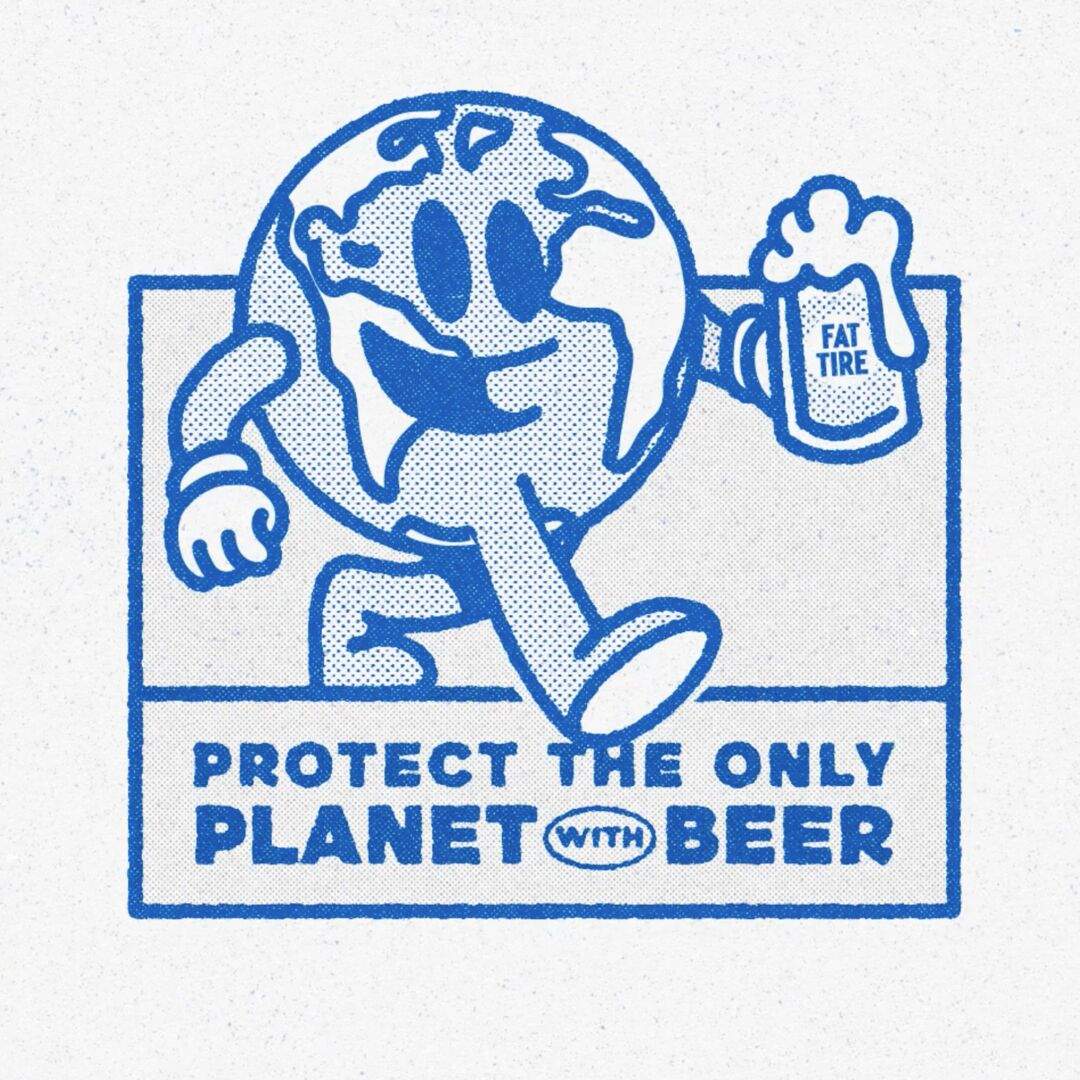
Commercial brewing is not the most eco-friendly business. Sorry to burst your bubble. Creating beer takes a lot of energy — both on the electricity side (brewhouse, lighting, compressed air, refrigeration, packaging) and natural gas side (brewhouse, space heating, utilities, packaging and beyond). I highly suggest you read the Brewer’s Association’s Energy Usage, GHG Reduction, Efficiency and Load Management Manual. On the waste side, brewing creates literally tons of wastewater (often too much for local processing plants), and then there’s all that product and packaging that is sold. Much of it is recyclable, but is it being recycled or is it going to the landfill?
So, it pleases me greatly that a big brewery like New Belgium Brewing Co. continues to challenge the industry with greener practices and campaigns that grow awareness on the importance of brewing ecology and social responsibility. Here’s a great example: New Belgium’s flagship Fat Tire Amber Ale became America’s first certified carbon neutral beer in 2020. What does that mean exactly? New Belgium’s Fat Tire brand has earned carbon neutral status by SCS Global Services using the international recognized PAS 2060 standard. How did New Belgium earn such a cool accreditation? Jump over to this Drink Sustainably web page to learn the sustainability processes New Belgium has installed and embraced with its brewing facilities, supply lines and philanthropy initiatives to earn the certification — solar arrays, LEED-certified buildings, recycling efforts, carbon credits, and, well, here’s another example…
New Belgium and Fat Tire are currently encouraging civic participation among beer drinkers, aiming to increase awareness of the impact of climate change specifically on beer, asking craft fans to sign the Beer Drinker’s Climate Declaration at DrinkSustainably.com. People who sign the Beer Drinker’s Climate Declaration can then contact their elected officials directly through Fat Tire’s digital action center to support strong climate policy at the federal, state and local levels. From the press release:
“In backyards, ballparks, and bars across America, people enjoy spending time together with a cold beer in hand,” said New Belgium CEO Steve Fechheimer. “But the role beer plays as a spark for stronger human connection and a central part of so many traditions could disappear entirely if we don’t successfully confront the climate crisis, which is destroying the crops and water required for brewing. Beer drinkers have an opportunity to become a powerful force for protecting our planet if we can raise our voices together.”
This appears to be another facet of Fat Tire’s Only Planet with Beer campaign, which started last year with its Torched Earth brand launch. Perhaps you remember our headline: “New Belgium’s Torched Earth Ale costs $40, tastes like sadness and is a preview of our climate apocalypse.” Released for Earth Day last year, Fat Tire’s limited-edition Torched Earth Ale used smokey malt to mimic the impact wildfires will have on water supply. It used drought resistant grains like millet and buckwheat, which are most tolerant to shifting agricultural zones. For bitterness, the New Belgium brew crew added dandelions, which grow anywhere, especially in my yard, and they also used shelf-stable hop extract, which sucks and we shall discuss no further. The beer brand is basically aimed at raising awareness of climate change, not winning any contests. Interested? Watch this video:
“As climate change disrupts water supply and global agriculture, the economic effects will be felt even in the beer aisle. If we don’t collectively act now to solve the greatest disaster of our lifetime — the climate crisis — beer, along with staples like coffee and rice, will be out of reach for many Americans,” said Fechheimer. “The bottom line is that climate change makes beer taste bad and cost more, and the future of our favorite drink depends on protecting the only planet with beer.”
Good argument. Visit DrinkSustainably.com to learn more about New Belgium’s climate action plan and 2030 commitments and to view a carbon neutrality blueprint the company released last year to share the results of its own significant investments with other breweries who want to follow a similar path. I’m a big fan of this campaign, so I’m off to sign up.

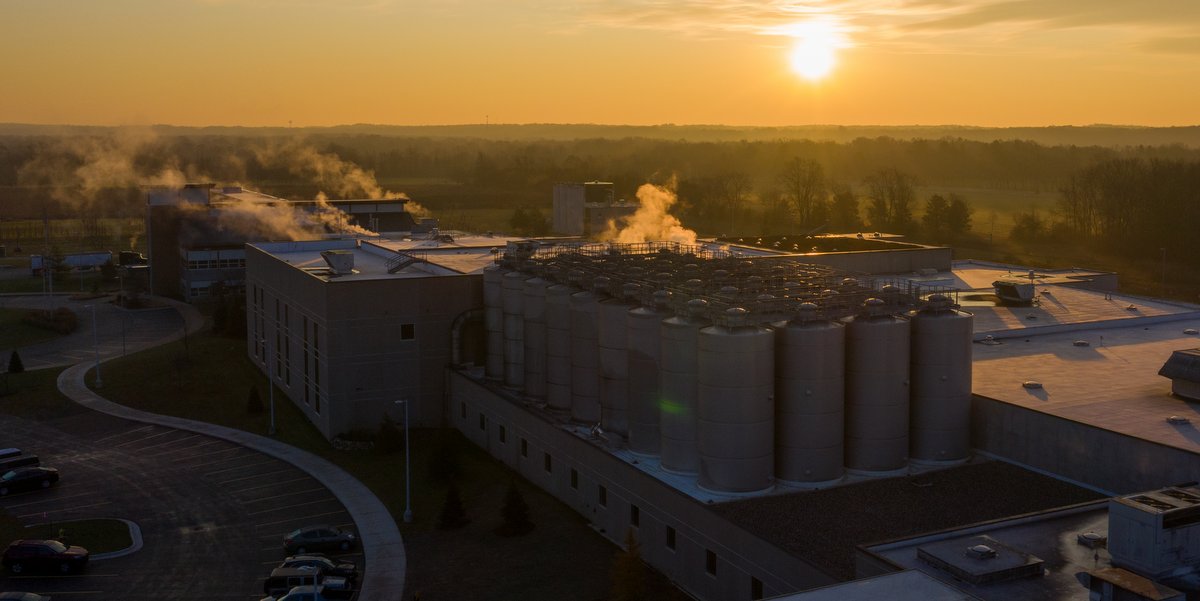
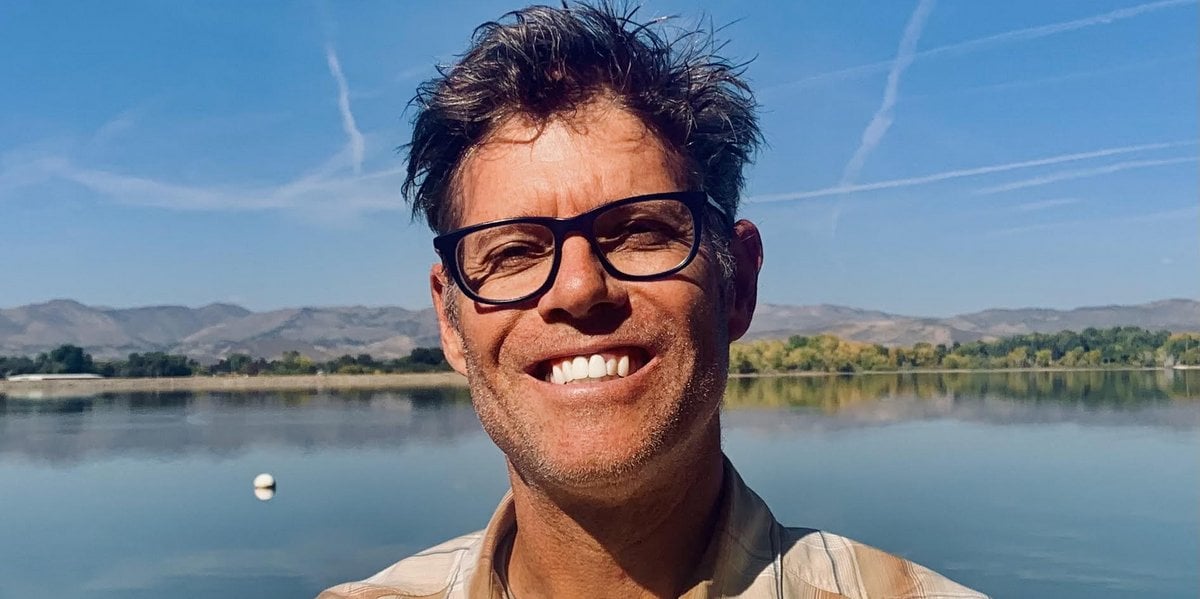
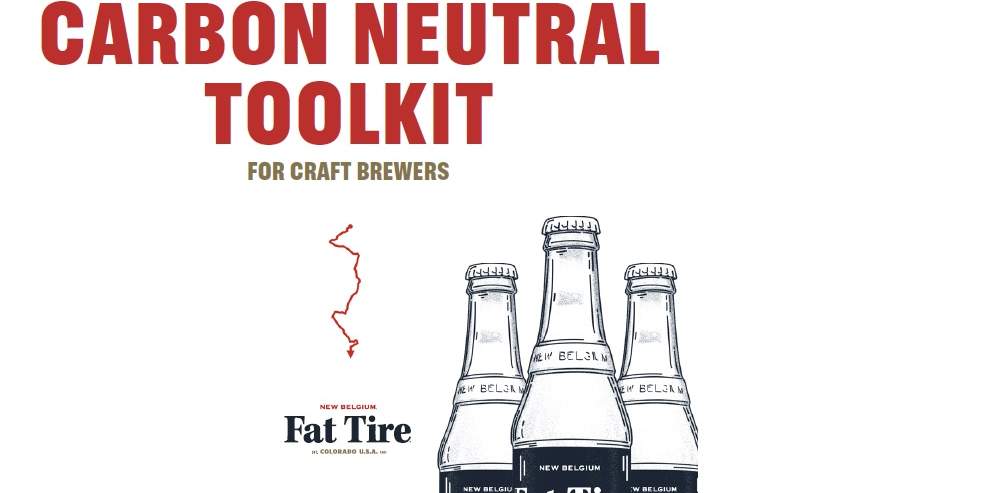
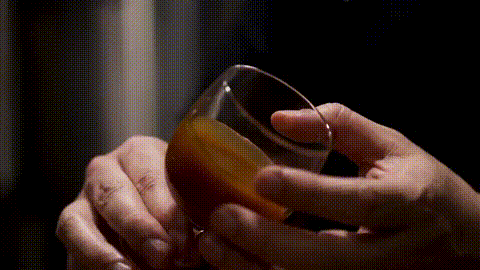
Leave a Reply
You must be logged in to post a comment.